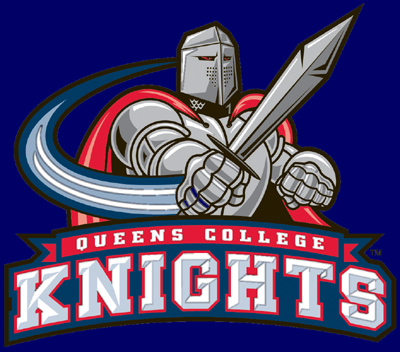Teaching
Undergraduate economics at Queens College, CUNY
Economics 201: Macroeconomic Analysis
The Census Bureau announced that there were 308,745,538 people
residing in the U.S. on April 1, 2010, about twice as many as were
living in this country in 1950. We study macroeconomics because we are
interested in the well-being of these many individuals and of the rest
of the world's 7.1 billion people spread across 192 countries, each
with its own economy. While microeconomics provides us with tools to
understand decision-making and welfare among individuals and smaller
groups, macroeconomics supplies concise but realistic models to assess
well-being and economic behavior within much larger groups of
individuals.
(Previously numbered Econ 206)
Syllabus, Spring 2014
Economics 208: The Process of Economic Development
We are a nation of over 316 million people now, more than twice our
size in 1950. The world as a whole is home to roughly 7 billion
people, or about twice the number living in 1970. In contrast, average
income in the U.S. is almost $50,000 per year but only about $10,000
across the world as a whole. What are the factors that influence
growth in population and economic well-being, and what are the
prospects for future growth and development? These are big questions,
and in this course we will explore how economists answer them. Along
the way, we will examine the microeconomic behavior of individuals:
how do people choose to work or retire, save or consume, marry,
reproduce, and immigrate? What are the implications of these behaviors
for markets, for policy, and for society?
(Previously taught as BUS 383)
Syllabus, Fall 2013
Economics 215: Money and Banking
Events of the past several years have revealed how financial markets
are a very important part of the U.S. economy. The collapse of Bear
Stearns in Spring 2008, of Lehman Brothers later that fall, and the
subsequent bailout of A.I.G. were hallmarks of the global financial
meltdown that many economists believe was ultimately responsible for
the Great Recession of 2008. What comprises financial markets? What do
they do and why do we need them? If we need them, how can we work to
prevent what just happened from happening again? And on a more
personal level, how can you make money using your knowledge of
financial markets after graduating from Queens College with a degree
in accounting or economics?
Syllabus, Fall 2010
Ph.D. economics at the CUNY Graduate Center
Economics 71100: Macroeconomic Analysis
The main goal of this course is for students to acquire analytical
skills required to solve problems in macroeconomics. Acquisition of
these skills is a key first step in mastering the material covered in
the macroeconomics and monetary economics field courses offered by the
program, and these skills also are relevant for field courses in
applied microeconomics and in financial economics. Finally, these
skills also play a key role in selecting important topics to research
in a dissertation and in successfully completing that research.
Syllabus, Fall 2009
